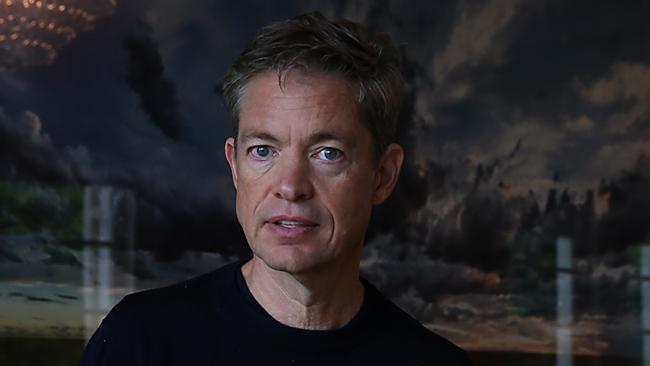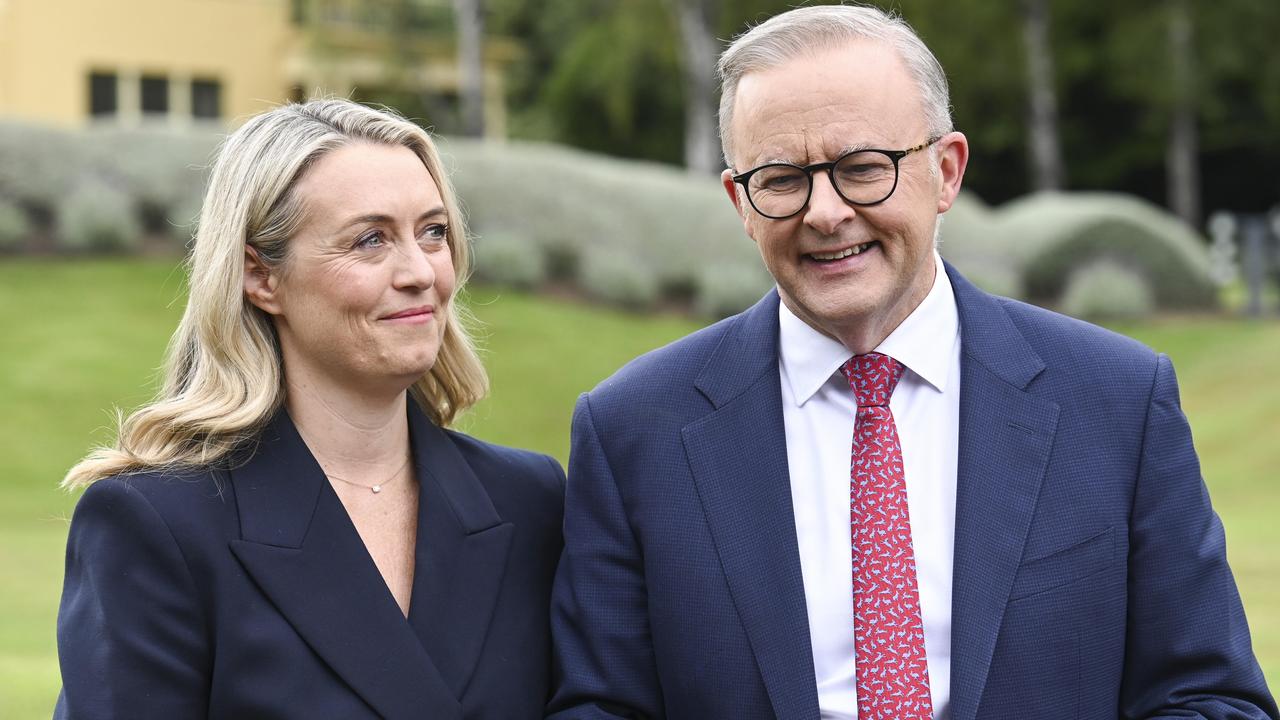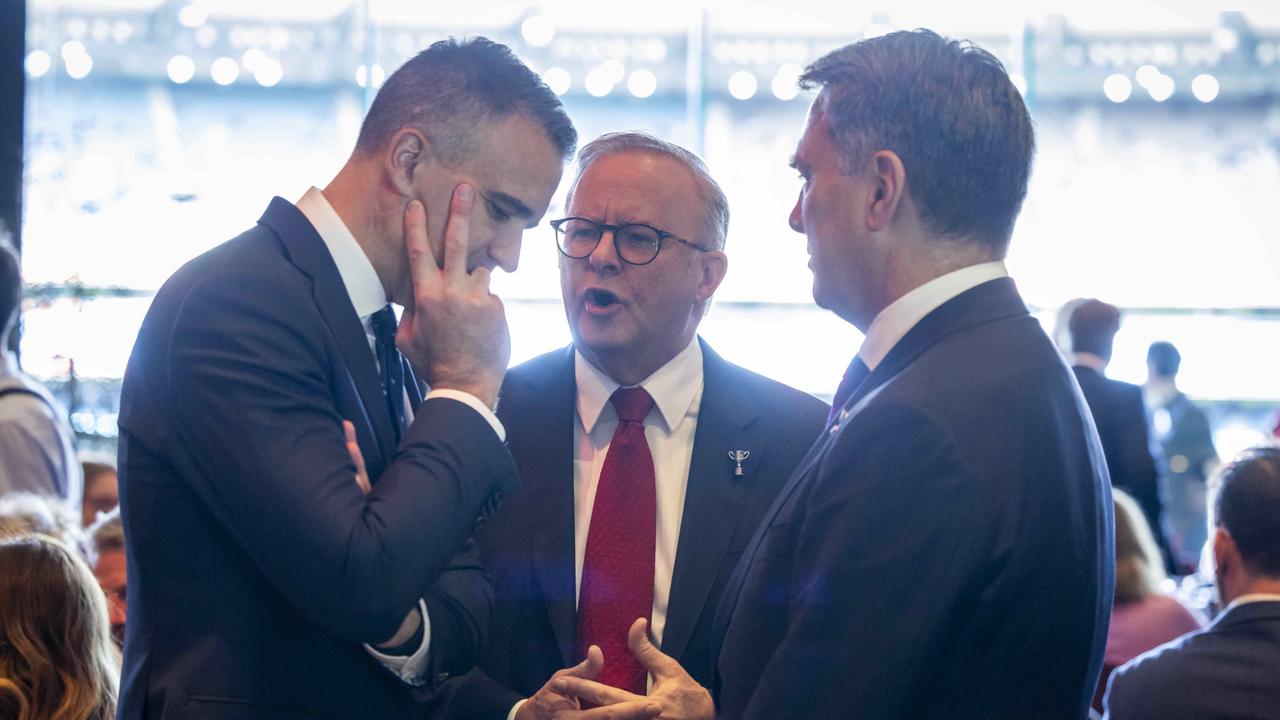Hi-tech giant action ‘a huge step for world’, says Nicolas Berggruen
An American billionaire believes Australia’s action in forcing Google and Facebook to pay for journalism is a ‘huge step for the world’ and democracy that will spur global change.

An American billionaire who has put hundreds of millions of dollars into promoting democracy, equity and governance around the world believes Australia’s action in forcing Google and Facebook to pay for journalism is a “huge step for the world” and democracy that will spur global change.
Nicolas Berggruen, a Californian philanthropist who has established institutes for democracy around the world including a $500m centre in Los Angeles, said Australia was leading the world in combating COVID-19, its democratic institutions and its place in the Asia-Pacific.
Mr Berggruen, 59, who made his fortune from property, financial and art investment, said: “Australia’s prosperity has been built on its culture of democracy.”
“Australia has risen above politics during the health crisis. The rest of the world can learn a lot from Australia,” he said on coming out of a two-week quarantine after arriving in Australia.
He said the founding of the Berggruen Institute was designed to promote democracy, rethink capitalism, consider the rise of China in geopolitics and see how technologies change the world.
In relation to the government’s success in forcing hi-tech giants to pay news organisations for the news they use, Mr Berggruen said it was sending a global message to Google and Facebook that they had to pay to keep journalism and democracy alive.
“My opinion is that the media platforms ‘live’ thanks to journalists and one thing that makes a democracy vibrant is independent journalism of every stripe,” Mr Berggruen said. “The media platforms owe journalists to support them. In Australia, you have taken a huge step and I think it will spread worldwide.
“Australia is able to do things that are special,” he said.
Mr Berggruen said the Berggruen Institute had urged Facebook and Google to pay for news from traditional media because it was vital to democracy to avoid a “hijacking” of the public and political debate by single voices in social media without professional editors applying rules to reports.
“Social media has given everyone access to everyone, democratised access, and that’s a wonderful thing,” he said, but social media platforms had removed the role of editors in judging news and encouraged populism.
“The editors are traditional media but they haven’t been replaced. You see the lack of editors and this is a big challenge,” he said.
“I think it is challenging not only to democracies but also challenging the ability of democracies to come together. We see this very much in the US and in a number of European countries.
“Having a role for independent media is important — it is a signal that says in the case of Australia, if a government says listen you can operate here … you have to reinvest. You may say you give all citizens access and it’s free but … you get a lot from it because at the same time Australia’s citizens are working for Facebook. At the end of the day, they have to give back, they have to share.”
Mr Berggruen said Australia had demonstrated a faith in democratic institutions and in government that is transparent and prepared to listen.
“Trust in government has decreased so much in so many countries. There is also an innate distrust of government that exists in the US,” he said.
“The biggest challenge in democracy where we are trying to help (is) how do you increase trust in government? The long-term health of citizens relies on trust and today it is harder and harder.”
Mr Berggruen, who grew up in Paris and studied and worked in New York before moving to Los Angeles, said the “last century was the Atlantic Century … I think this is the Pacific Century. America is looking towards the Pacific … that’s where the action is, hopefully in a good way.”



